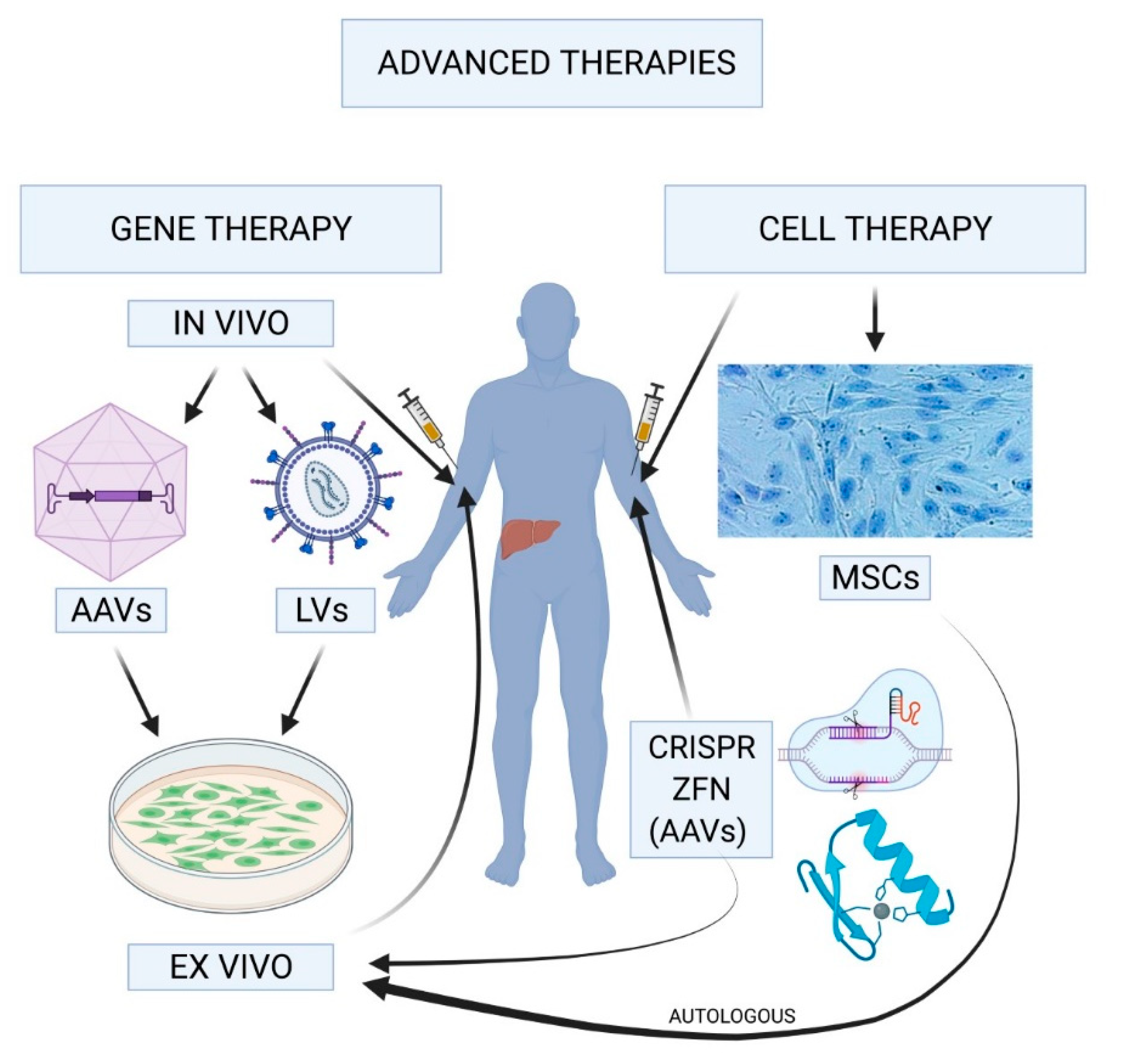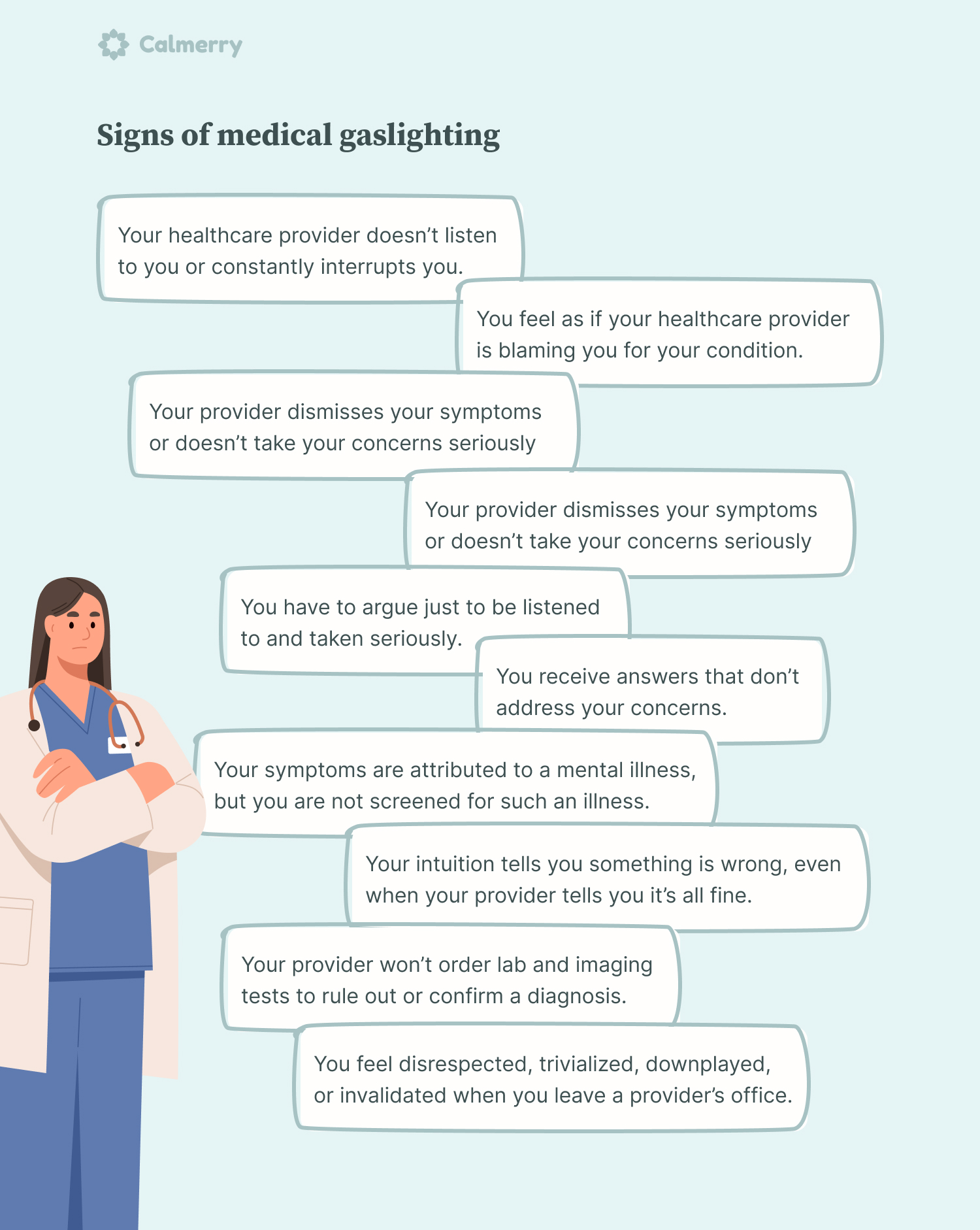Exercise colon cancer survivors stand a better chance at leading longer, healthier lives due to the numerous health benefits linked to regular physical activity after treatment. Recent studies show that engaging in exercise not only enhances recovery but also significantly narrows the survival gap between colon cancer patients and the general population. This vital connection highlights how consistent physical activity can improve the survival rate among colon cancer survivors, especially after surgery and chemotherapy. By embracing the benefits of exercise, these individuals can enhance their overall well-being and reduce the risks associated with potential recurrence of the disease. As colon cancer treatment continues to evolve, integrating exercise into recovery plans proves essential, marking a step towards a healthier future for survivors.
Post-cancer care for individuals who have battled colorectal malignancies can be profoundly impacted by physical fitness. Engaging in regular exercise can facilitate recovery, boost immunity, and lead to a more favorable prognosis. For survivors of bowel cancer, integrating workout regimens can enhance not only their physical health but also their mental and emotional resilience. Through physical activity, these individuals can experience a heightened quality of life and increased longevity, establishing a significant countermeasure against the life-threatening aspects of cancer. Emphasizing the relationship between fitness and cancer recovery underscores the importance of a holistic approach to surviving and thriving after colon cancer treatment.
The Positive Impact of Exercise on Colon Cancer Recovery
Exercise plays a vital role in the recovery journey of colon cancer survivors. Engaging in regular physical activity actively supports the body’s healing processes and enhances overall well-being. Studies indicate that patients who maintain an exercise regimen post-treatment significantly improve their survival rates when compared to those who lead a sedentary lifestyle. This improvement highlights the importance of integrating physical activity into daily routines, particularly for individuals recovering from stage 3 colon cancer.
Not only does exercise reduce the risk of recurrence by bolstering the immune system, but it also helps mitigate symptoms associated with cancer treatment, such as fatigue and depression. Moreover, engaging in physical activity can enhance quality of life, boost mood, and increase energy levels. As research continues to uncover the benefits of exercise on cancer recovery, colon cancer survivors are encouraged to prioritize an active lifestyle to foster longevity and promote health.
Physical Activity and Survival Rates Among Colon Cancer Patients
The connection between physical activity and survival rates among colon cancer patients is increasingly becoming clear. Research shows that individuals who are physically active after treatment have lower mortality rates compared to those who remain inactive. In studies involving stage 3 colon cancer patients, it was found that those who logged 18 or more metabolic-equivalent hours (MET-hours) of activity weekly had survival rates similar to the general population’s, contrasted with those who had low physical activity levels, whose rates were considerably lower.
These findings emphasize the need for exercise as a critical component of post-treatment care. Specifically, patients should be encouraged to engage in activities they enjoy, whether it’s walking, cycling, or yoga. Even small bouts of exercise have been shown to positively influence health outcomes, thereby reducing disparities in survival rates between cancer survivors and the general population. Incorporating regular workouts into recovery protocols can provide hope and encourage sustainable lifestyles for colon cancer survivors.
Benefits of Exercise in Colon Cancer Treatment
The integration of exercise into colon cancer treatment plans has proven to offer numerous benefits beyond physical health. Patients who actively participate in regular exercise not only improve their physical endurance and strength but also experience enhanced mental health. Such activities foster a sense of community and can relieve feelings of isolation that often accompany cancer treatment. The psychological benefits of exercise, such as reduced anxiety and improved mood, are critical for any survivor’s journey.
Moreover, the physiological advantages include better gastrointestinal function and improved circulation, which are crucial for recovery from surgeries or chemotherapy. Exercise empowers colon cancer patients by giving them control over their health. As more evidence surfaces regarding the benefits of exercise, there is a strong case for healthcare providers to advocate for it as a fundamental aspect of holistic cancer care, ensuring survivors can embark on their wellness journeys with confidence.
Understanding Colon Cancer and Exercise
Understanding the intricacies of colon cancer and the role of exercise in its treatment is essential for effective recovery. Colon cancer, one of the most common forms of cancer, requires a comprehensive treatment approach that should include physical activity. Research consistently shows that incorporating exercise can decrease the risk of recurrence and enhance survival rates for colon cancer patients. The biological mechanisms behind this involve improved immune function and reduced inflammation.
Survivors should recognize that exercise is not just about recovering physical strength but is also instrumental in cultivating a positive mindset. Educational resources and support groups can provide patients with valuable information on how to incorporate exercise into their routines effectively. By dispelling myths related to exercise during and after cancer treatment, survivors can better appreciate how staying active encompasses a pivotal role in their long-term health and recovery.
Tailoring Exercise for Colon Cancer Survivors
Tailoring exercise programs for colon cancer survivors is vital to ensuring safety and effectiveness. Individual needs can vary significantly based on treatment history, physical condition, and personal preferences. It is essential for healthcare providers to work with patients to create customized exercise plans that consider these factors. A healthcare professional can suggest appropriate types of exercise, including cardiovascular, strength training, and flexibility exercises, tailored to each patient’s capabilities.
Furthermore, supportive communities, such as exercise groups specifically for cancer survivors, can provide motivation and camaraderie. These settings foster encouragement and accountability, essential elements in maintaining an active lifestyle post-treatment. By emphasizing personalized fitness strategies and communal support, colon cancer survivors can feel empowered to make positive lifestyle changes that enhance both their physical and emotional health.
The Role of Healthcare Providers in Promoting Exercise
Healthcare providers play a crucial role in promoting exercise as part of post-treatment care for colon cancer survivors. They can influence patient outcomes by discussing the importance of physical activity during consultations and offering guidance on how to integrate movement into their recovery plans. Encouragement from medical professionals reinforces the significance of exercise in improving overall well-being, leading to higher compliance among patients.
Providers can also facilitate connections to local resources, such as fitness programs and support groups, focusing on cancer survivors. Equipping patients with accessible options and education on effective exercise strategies empowers them to take control of their health. By fostering a collaborative environment between patients and providers surrounding physical activity, healthcare professionals can significantly improve the prognosis and quality of life for those recovering from colon cancer.
Community Support for Active Colon Cancer Survivors
Community support is fundamental for colon cancer survivors aiming to maintain an active lifestyle. Local groups, clubs, and fitness programs specifically designed for cancer survivors can offer a mix of companionship and encouragement. By fostering a supportive environment, survivors can share experiences and motivate each other to engage in regular physical activity. This social aspect of exercise not only enhances physical health but also boosts emotional resilience.
Establishing connections with other survivors allows participants to celebrate milestones together while navigating the challenges of recovery. Community events focused on fitness—such as cancer survivor walks or exercise classes—can help raise awareness and normalize physical activity as part of the healing process. By promoting a culture of support and active living, communities can significantly influence the physical and mental health of colon cancer survivors.
Overcoming Barriers to Exercise in Cancer Recovery
Despite the proven benefits, many colon cancer survivors face barriers that hinder their ability to engage in regular exercise. Physical limitations, psychological concerns, and lack of motivation can impede progress. It is crucial for survivors to identify these hurdles and seek solutions, whether through professional guidance or peer support. Understanding that challenges are a common part of the recovery journey can empower survivors to move past these barriers.
Healthcare providers can play a pivotal role in addressing these issues by offering tailored advice and resources. For instance, those facing fatigue may benefit from light activities such as walking or stretching, while patients eager to maintain strength can engage in resistance training suited to their capabilities. Developing a feasible exercise plan can lead to improved adherence and ultimately enhance both recovery and quality of life.
Harnessing the Mind-Body Connection in Cancer Recovery
The mind-body connection is a powerful component of the recovery journey for colon cancer patients. Integrating exercises that foster this connection, such as yoga or meditation, can yield significant physical and psychological benefits. These practices not only improve flexibility and strength but also promote relaxation and stress relief, which are crucial for overall recovery. Mindfulness exercises can help patients process their experiences, leading to enhanced emotional resilience during challenging times.
Witnessing the impact of mental wellness on recovery has prompted many survivors to incorporate holistic approaches into their routines. This holistic mindset emphasizes self-care and empowers individuals to approach exercise as a pleasurable and rewarding activity rather than a mere obligation. By nurturing the mind-body connection, colon cancer survivors can create a more balanced and fulfilling recovery experience.
Frequently Asked Questions
How does exercise benefit colon cancer survivors during recovery?
Exercise offers numerous benefits for colon cancer survivors, including improved physical fitness, enhanced mood, and potential increases in overall survival rates. After treatment, engaging in regular physical activity can help bridge the survival gap between colon cancer patients and the general population by improving metabolism and bolstering the immune system.
What types of exercise are recommended for colon cancer survivors?
Colon cancer survivors should engage in a variety of physical activities tailored to their fitness levels. Activities like walking, swimming, and strength training can enhance stamina and muscle strength. Aim for at least 150 minutes of moderate aerobic activity each week to maximize benefits of exercise in recovery.
What is the relationship between physical activity and survival rates in colon cancer patients?
Research indicates that higher levels of physical activity after colon cancer treatment can significantly improve survival rates. Survivors who engage in regular exercise, achieving at least 18 MET-hours per week, demonstrate survival rates comparable to those of the general population, unlike patients with minimal activity.
Can exercise reduce cancer recurrence in colon cancer survivors?
Yes, exercise can be beneficial in reducing the risk of cancer recurrence for colon cancer survivors. Studies show that more active patients tend to experience lower recurrence rates, enhancing their overall prognosis and quality of life during recovery.
How much physical activity should colon cancer survivors aim for each week?
Colon cancer survivors are recommended to strive for at least 150 minutes of moderate-intensity aerobic exercise per week. Even small bouts of physical activity, such as 10-20 minutes a day, contribute positively to overall health and recovery.
Are there specific exercises to avoid after colon cancer treatment?
Colon cancer survivors should generally avoid high-impact or strenuous exercises that could strain the abdomen or surgical sites. It’s essential to consult with a healthcare provider or a physical therapist to create a safe and effective exercise plan tailored to individual recovery needs.
How does physical activity correlate with overall well-being in colon cancer survivors?
Physical activity greatly enhances overall well-being in colon cancer survivors. It helps alleviate symptoms of depression and anxiety, promotes better sleep, and supports physical health, leading to an improved quality of life during recovery.
What role do healthcare providers play in encouraging exercise for colon cancer survivors?
Healthcare providers play a crucial role in guiding colon cancer survivors to integrate exercise into their recovery. They can offer personalized exercise plans, recommend safe activities, and encourage survivors to stay active to maximize their health outcomes.
What findings support the importance of exercise in colon cancer recovery?
Recent studies highlight that colon cancer survivors who engage in regular physical activity post-treatment show significantly improved survival rates compared to their less active counterparts. Regular exercise helps mitigate survival disparities and promotes health during recovery.
| Key Points |
|---|
| Regular physical activity after treatment for stage 3 colon cancer can improve survival rates and narrow the survival gap between cancer survivors and the general population. |
| Patients with higher activity levels have demonstrated overall survival rates similar to those without cancer. |
| Low activity levels among colon cancer survivors are correlated with significantly lower survival rates. |
| Some exercise is better than none; even short durations can yield benefits. |
| The majority of survival benefits were observed regardless of patient age at diagnosis. |
| Exercise also appears to reduce disparities in recurrence rates and improve survival after cancer returns. |
Summary
Exercise colon cancer survivors can significantly benefit from engaging in regular physical activity after treatment. This study highlights the positive correlation between exercise and improved survival rates, suggesting that survivors should prioritize physical activity to enhance their overall health and longevity. Incorporating even small amounts of exercise into daily routines can lead to substantial benefits, encouraging colon cancer survivors to maintain active lifestyles as part of their recovery journey.



